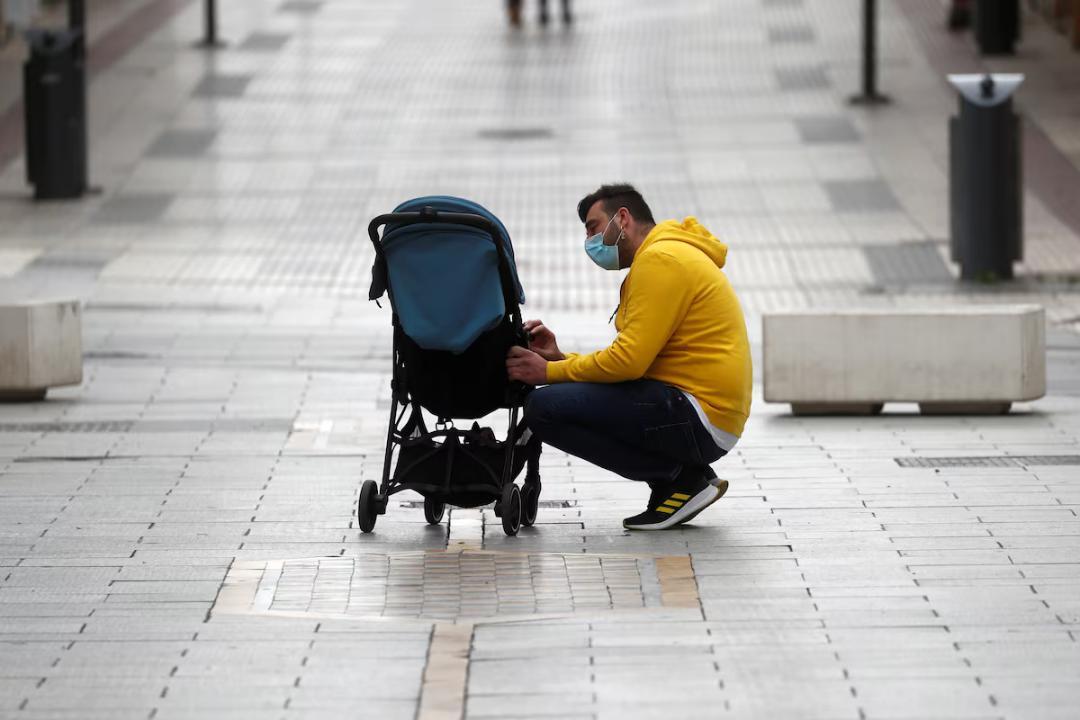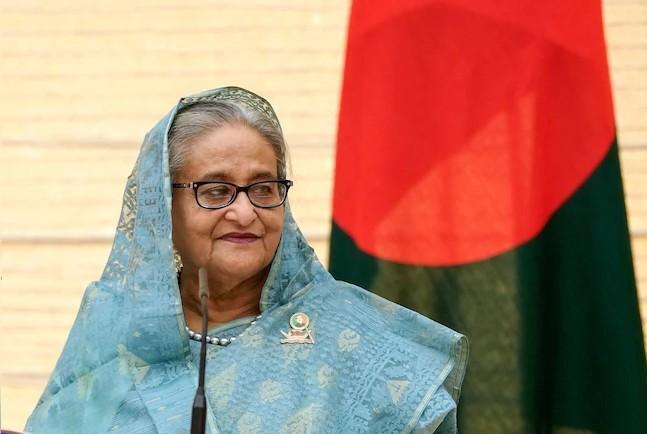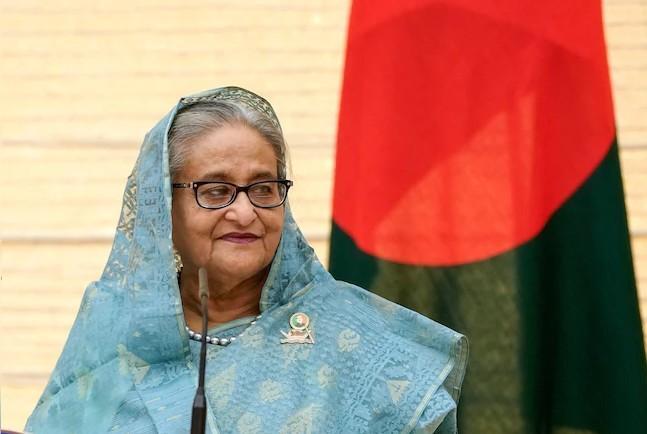
Spain to Offer 17 Weeks of Parental Leave to Both Mothers and Fathers
In a significant step towards promoting gender equality and supporting new parents, Spain has announced plans to extend its parental leave policy to 17 weeks, with both mothers and fathers entitled to the same amount of fully-paid leave after the birth of a child. This move comes as a major breakthrough in Europe, where only Spain and Finland offer equal and fully-paid birth leave to both parents.
The new policy, which is set to come into effect in the coming years, aims to provide a more balanced approach to childcare, allowing both parents to take an active role in caring for their newborns. This is a significant departure from traditional gender roles, where mothers have typically been expected to take on the majority of childcare responsibilities.
The decision is seen as a major victory for feminism and a significant step forward for Spain’s efforts to promote gender equality. “Spain is moving towards feminism…and there’d be no turning back,” said a government minister in a statement.
The current parental leave policy in Spain allows for 12 weeks of fully-paid leave for mothers, with a further 2 weeks of partially-paid leave. The new policy will extend this to 17 weeks, with 12 weeks of fully-paid leave and 5 weeks of partially-paid leave for both mothers and fathers.
This move is expected to have a significant impact on the lives of new parents, particularly fathers. Traditionally, fathers have been expected to return to work quickly after the birth of a child, often leaving mothers to care for the newborn on their own. This can lead to feelings of isolation and stress for new mothers, and can also impact on their ability to breastfeed and bond with their child.
By offering equal parental leave to both mothers and fathers, Spain is acknowledging the importance of paternal involvement in childcare and the benefits this can bring to families as a whole. Studies have shown that fathers who take an active role in childcare are more likely to be involved in their child’s upbringing and to develop a closer bond with their child.
The new policy is also expected to have economic benefits for families. By allowing both parents to take time off work to care for their child, families will be able to reduce their childcare costs and improve their overall well-being.
Spain’s move towards equal parental leave is not only a major step forward for feminism, but also a significant step forward for the country’s economy. By supporting families and promoting gender equality, Spain is demonstrating its commitment to creating a more equitable and prosperous society.
In contrast to many other European countries, Spain’s parental leave policy is unusually generous. While many countries offer some form of parental leave, few offer equal and fully-paid leave to both parents. In the UK, for example, parents are entitled to 39 weeks of maternity leave, with a maximum of 2 weeks of paternity leave. In Germany, parents are entitled to 12 months of parental leave, but this is unpaid and can be taken by either parent.
Spain’s move towards equal parental leave is part of a broader trend towards promoting gender equality and supporting families. In recent years, there has been a growing recognition of the importance of shared parental leave, and many countries are beginning to follow Spain’s lead.
In conclusion, Spain’s decision to offer 17 weeks of parental leave to both mothers and fathers is a major step forward for feminism and a significant step forward for the country’s economy. By promoting gender equality and supporting families, Spain is demonstrating its commitment to creating a more equitable and prosperous society. As the world looks to the future, it is clear that Spain is leading the way in promoting a more balanced and sustainable approach to childcare.
Source:






